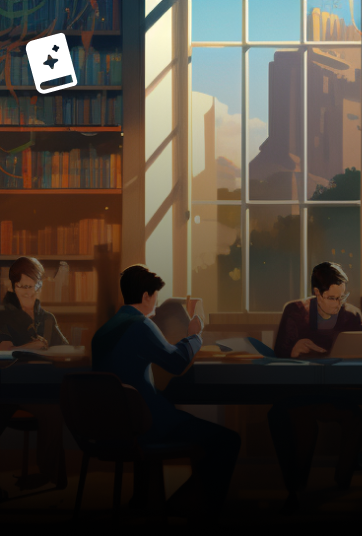
They Were Her Property
Ratings11
Average rating4.1
We don't have a description for this book yet. You can help out the author by adding a description.
Reviews
Popular Reviews
Reviews with the most likes.
I think I saw this on one of my fellow Twitter mutual's currently reading shelf and thought it seemed like an interesting part of history to get to know more about. I did have to wait a bit to get it from the library waitlist and it took me even longer to finish the book, but it was definitely worth it.
This book is written in a very dry manner, almost like an academic exercise citing sources and testimonials, lots of legal cases from the 19th century and how the law worked in those days. So, it could be tedious to read sometimes because of the writing style, but once I decided that remembering the names mentioned in the book was not important but what actually happened was, I could get through it much more easily and the audiobook helped as well. But what I found most surprising about the book is how dispassionate it feels sometimes despite containing page after page of stories about the brutal ways in which slaves were sold, separated from families, assaulted, maimed and murdered. But I guess it could be very difficult to get through it otherwise if we are not able to maintain a bit of that distance as a reader.
And then comes the whole point of the book - the role of southern white women in the business of slavery. It's a common misconception that women in the 19th century were subservient to the men in their family and only took care of their household and kids. But the author dives deep into first hand testimonies from former slaves, newspaper clips from the era and lots of legal documents to prove that this is indeed a false perception. White women were indeed a part of the slave economy, being taught from their childhood by parents how to treat and punish the people they owned, slaves being given as gifts and dowries so that their daughters could have their own independent source of income even after getting married and not having to depend on or get cheated by money hungry husbands. And the author shows with overwhelming evidence that white women exercised their ownership over their slaves fully - whether it came to punishments, buying or selling them, suing their husbands or creditors when they believed that their independent property was being co-opted to pay off the debts of their husbands or being mismanaged by their trustees - women were very much a part of the southern slave driven economy. I truly don't want to recite the horrors this book contains about the treatment of the Black people, but what's more sickening is how callous and indifferent the white women were to their plight and just considered the subjugation of an entire race of people their god given right, exercised it to the full extent of the law, and taught the same to their kids. The commodification of every single aspect of the Black body is nightmarish to read about, but the true atrocity is the complicity of the whole system, irrespective of men or women.
In the end, I can only say that this was very informative and eye opening, teaching me a part of history I didn't know much about, making me realize that when we say women and men are equal - it also means that women can be equally cruel and barbaric when given the power to oppress someone for the sake of their own profit. This is a hard read and can even come across as boring, so try and read it in short intervals or maybe through the audiobook - but do give it a try because it's an important and often neglected part of history, while also giving us lessons on the importance of promoting intersectional feminism separated from the clutches of white supremacy because otherwise, there will never be true equality.






















